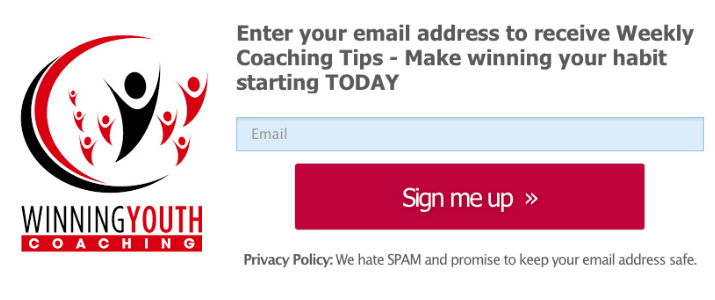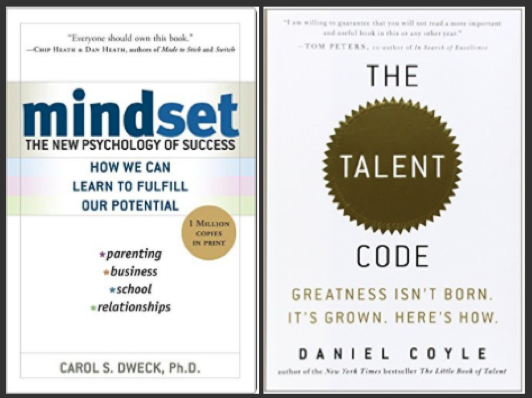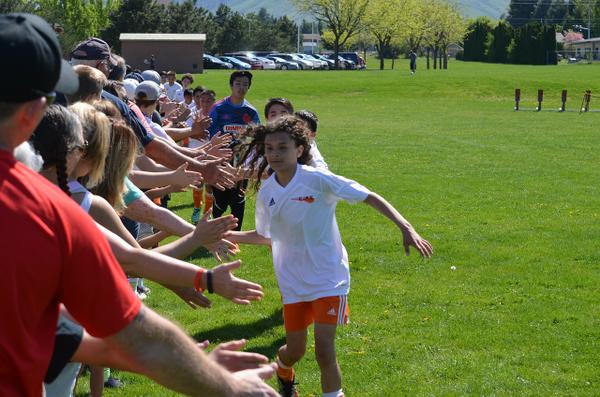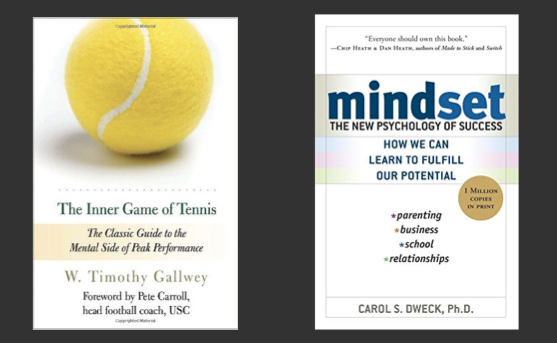May 31, 2016
WYC 081 – Building Culture – John Doss talks building a program with awesome culture

John just finished his first year as the the Brownsburg Lacrosse High School Head Coach after 2 years as the 7th/8th grade coach. John played collegiate lacrosse as a goalie at San Jose State University. He was named a West Coast Lacrosse League (WCLL) All-Star 3 times. Coach Doss also played 3 years of post-collegiate lacrosse with San Francisco Lacrosse Club and still remains active as a player with DOGS Lacrosse in Indianapolis.
John previously joined us in WYC Episode 52, but I asked him to join us again to share the awesome ways he has built an incredible culture into his program.
Twitter: @laxcoachdoss
Websites: brownsburglacrosse.com; indyelitelacrosse.com
Listen Now:
Listen on iTunes: iTunes link
Listen on Stitcher: Stitcher link
Listen on Google Play Music: Google Play link
–
Starting a High School program
- Communication
- High school kids don’t check email much – so you might have to text or use a social media group
- Own it – if the kids aren’t understanding something, that’s on me, not them
- Everything starts with trust – ‘Build a relationship so strong that it bears the weight of honesty’
Mission 2 Assist
- How do you have kids value assists as much as goals?
- John used system described by Willie Cromack in WYC Episode 63:
- John worked with 3 of the team captains to let them take ownership of it
- They partnered with an adaptive sports wheelchair lacrosse program
- They used the walk-a-thon type forms to fundraise – but used assists as the pledge criteria
- By the end of the season they have raised almost $10k for that organization
- Link to Go Play Better: GoPlayBetter.com
Culture and pre-game routine
- They have helmet stickers with 3 chain links. In their pre game they link arms and talk about how strong a chain is and how they are there to play for the person on their right and left
- The second part of their pre-game routine they share with each other what they are grateful for
- The final thing they do is visualize, as specifically as possible, the success they are going to have in the game
Post-game talks & the 24 Hour Rule
- John has converted the 24 hour rule that he uses with parents (parents don’t talk to me about issues for at least 24 hours after a game)- he now uses that same rule to not point out issues to his players immediately after the game. They usually aren’t in the mindset to listen or learn, so he saves it for the next practice.
Communicating with players – the ‘0 for 2’ Rule
- When communicating instructions from the sideline – be careful not to go 0 for 2 – meaning your communication had a negative tone, and had no instructional value. Yelling ‘play harder’ or ‘catch the ball’ are examples of 0 for 2 communication.
Free Play Saturdays
- This summer John is telling parents they can drop off their kids from 4 to 6 every Saturday and there will be pick-up games. Their will be 2 or 3 coaches there to make sure everyone is staying safe, but other than they the coaches are staying out of the way and letting the kids figure out teams, resolve arguments, pretty much do everything themselves. This is great not only for developing their skills, but it also teaches them conflict resolution and many other great life skills.
Parting Advice
- John asked one of his kids: ‘If I told you that if you practiced wall-ball for 25 minutes 3 times per week that I would guarantee you start and play 100% of the time next season, would you do it?’ – The kid answered ‘Yes’, then John asked him ‘Then why aren’t you doing that now?’ John uses this challenge to let kids know that things in life aren’t guaranteed, but if you prepare with the mindset that you are going to outwork your competition, most of the time you are going to have great success
–







